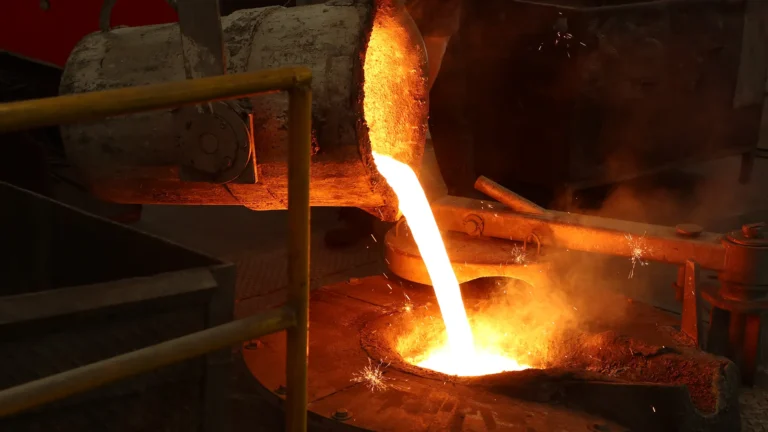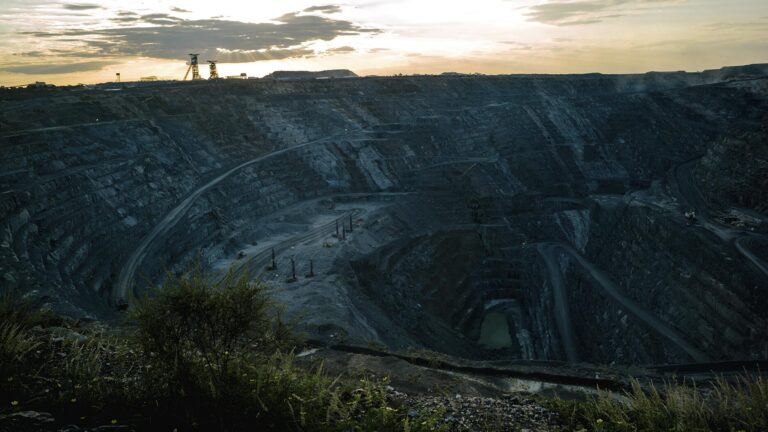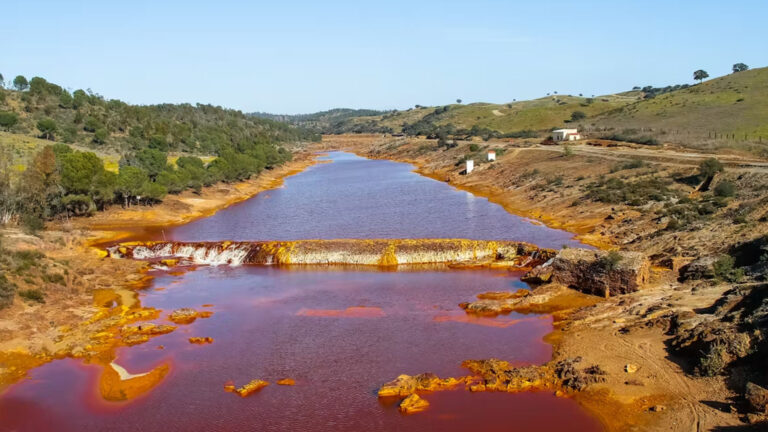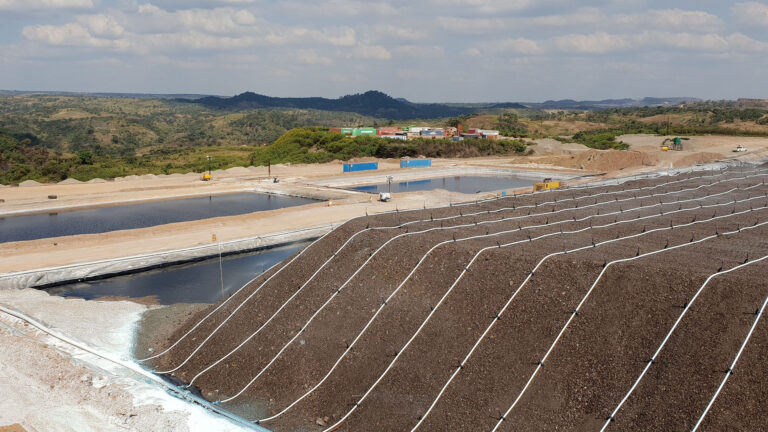In a world driven by technology, infrastructure, and clean energy, the resources that make these advancements possible must be carefully extracted and managed.
Mining engineering is the bridge between nature and innovation it provides the expertise to unearth the materials that power our lives. From the smartphone in your hand to the battery in an electric car, mining engineers make modern living possible.
But what exactly is mining engineering, and why should students consider a career in this evolving field?
In the blog, we look at what mining engineering is and what mining Engineers really do in their field.
What is Mining Engineering?
Mining engineering is a vital field within the extractive industries that focuses on the safe, efficient, and responsible removal of minerals from the earth.
From gold and copper to coal and rare earth elements, mining engineers are the brains behind the systems and structures that allow us to access these natural resources. They ensure that mining operations are not only profitable but also environmentally sustainable and safe for workers and surrounding communities.
What Do Mining Engineers Do?
Mining engineers play a diverse role throughout the mining lifecycle. Their responsibilities include:
- Exploration & Evaluation: Collaborating with geologists to locate mineral deposits and assess their economic viability.
- Mine Design & Planning: Designing mine layouts and selecting appropriate mining methods, whether surface or underground.
- Operations Management: Overseeing the daily operations of a mine, including equipment use, safety protocols, and productivity.
- Environmental Management: Ensuring mines comply with environmental regulations and implementing sustainable practices.
- Rehabilitation & Closure: Planning for mine closure and the rehabilitation of the land post-mining.
Mining engineers frequently collaborate with multidisciplinary teams and utilize cutting-edge technologies, including drones, AI modeling, and geospatial data, to enhance mining processes.
Specializations in Mining Engineering
Students and professionals can specialize in:
- Rock Mechanics
- Mineral Processing
- Mine Ventilation
- Surface & Underground Mining
- Safety and Risk Management
- Mine Economics
Why Mining Engineering Matters
The modern world is built on minerals. Your phone, your car, the buildings around you, and even medical devices depend on mining. As the global demand for clean energy, electric vehicles, and technological devices grows, so too does the need for skilled mining engineers.
Moreover, the industry is evolving. With increased pressure to mine sustainably and reduce carbon footprints, mining engineers are at the forefront of innovation in green mining technologies and practices.
Where Can Students Study Mining Engineering?
Mining engineering is offered at universities worldwide, with programs tailored to meet the demands of both local and international mining sectors. Here are some leading institutions:
Africa:
- University of the Witwatersrand (Wits), South Africa
- University of Zambia (UNZA)
- Botswana International University of Science & Technology (BIUST)
North America:
- Colorado School of Mines (USA)
- University of British Columbia (Canada)
Australia:
- University of Queensland
- Curtin University
Europe:
- RWTH Aachen University (Germany)
- Camborne School of Mines, University of Exeter (UK)
These programs typically cover a blend of geology, physics, chemistry, environmental science, economics, and management to prepare students for the diverse demands of the industry.
Final Thoughts
Mining engineering is more than just digging up rocks it’s a complex, forward-thinking discipline that powers economies and supports everyday life.
For students who enjoy problem-solving, science, and engineering and who want to make an impact on the future of sustainable resource extraction, mining engineering offers an exciting and rewarding career path.
Are you ready to shape the future beneath our feet?






